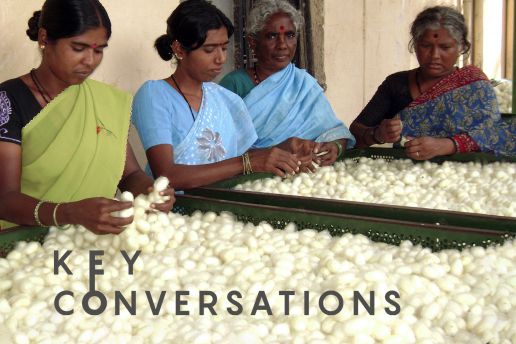sustainability consultant
Key Conversations: Consulting on Sustainable Production
When you meet Chandra Prakash for the first time and ask him ‘What do you do?’, he answers ‘sustainability consultant’ but it only takes one conversation with him to discover that in a moment he goes from working in the fields as an organic farmer to researching and developing sustainable agricultural methods in the production of natural fibers at the India-Nepal border and even more recently, securing the certification process of natural fibers using blockchain technology. Suddenly you realise ‘sustainability consultant’ doesn’t quite sum up the full scope, reach and vast nature of his work. In this interview we scratch the surface to reveal insights into his latest projects, challenges he is facing and his passion for true sustainability.
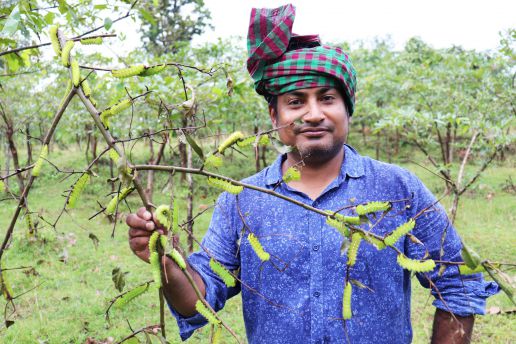
Can you tell us about your work as a sustainable fashion consultant?
I am deeply engaged with sustainable fashion and have gained invaluable insights on the its complicated supply chain from many perspectives; as an organic farmer, a textile designer, a fashion designer and as an entrepreneur selling textiles and fashion garments as the owner and founder of Cocccon specialising in the production of non-violent silk fashion. The creation and knowledge of short- and long-term sustainability road maps are my strength as a sustainability consultant.
You are currently researching other sustainable fibers and production methods, can you tell us what you are focused on?
My research is on natural fibers, in particular how they can be grown using as little water as possible and without chemicals. My current project aims to make the most sustainable and luxurious linen, kenaf & sisal fiber production located at the India-Nepal border.
You appeared in the Key Conversations video series with Simon Angel and introduced your latest technology solution to support the certification process for fabrics. Can you tell us more?
The challenges facing certification bodies have been further compromised by COVID-19. Most cotton fields are on isolated or rural terrain which means it is not possible to oversee or control the entire land. Data collection and entry is still based on trust, with no cross-verification methods. In the current system, it is not possible to authenticate the materials in the pre-fiber stages, such as the agricultural processes for growing fibers like cotton, linen etc. The lack of physical visits due to COVID-19 has resulted in the increase of greenwashing.
The technology I am currently developing can ensure auditing can be easy, safe and much more reliable. Data can also be collected at the agriculture stage. To ensure authentication, surveillance will be carried out at three different stages. Together, the use of AI technology, Blockchain technology and a smart physical auditing system will make the certification process of an organic product fool-proof.
Watch the Key Conversations episode between Chandra Prakash and Simon Angel here.
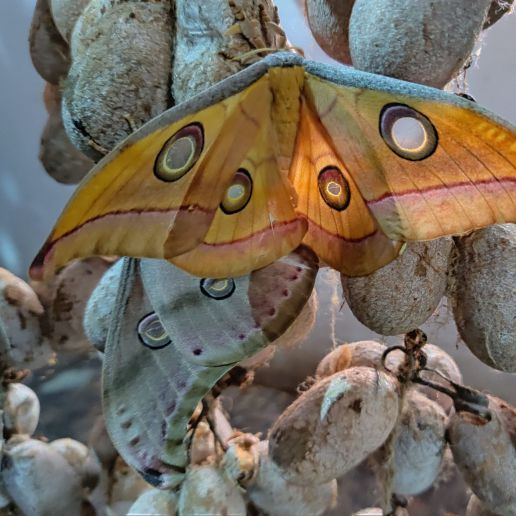
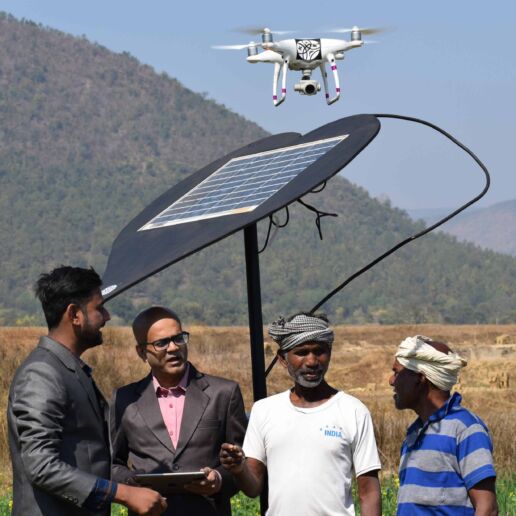
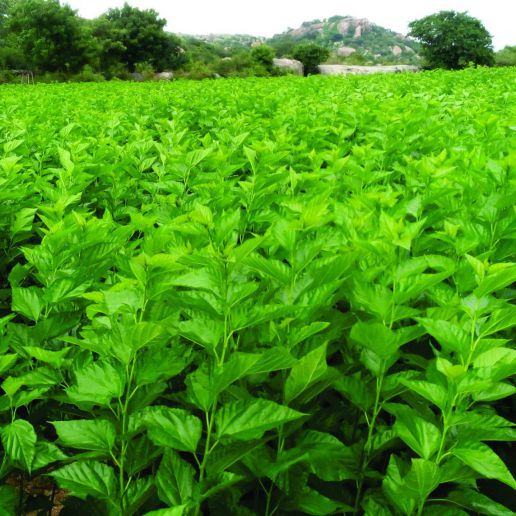
Tell us about the biggest challenge you face in the development of this new digital system?
This is very ambitious project. Traceability at raw material stage is supposed to be next to impossible. I took it as a challenge and worked hard on realising it. Connecting different kinds and levels of technology is always a challenge. Let’s just say we are working on it! We will need to work with partners from the fashion Industry including raw material and blockchain experts as well as crucial investors. We are currently looking for a CFO to join us as well.
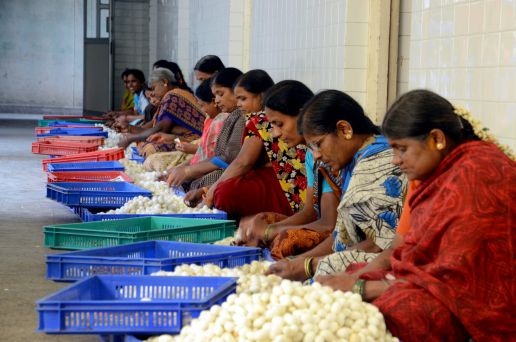
How important is it for brands to offer transparency and traceability to their consumers? i.e adopting blockchain technology.
The number of people willing to buy authentic sustainable garments or fashion accessories has increased drastically. The young adults, teens and children who are protesting at Fridays for Future and climate strikes across the world are our future clients. They want to know who made the clothes they wear. They want to know if everyone was treated well in the supply chain. They want to know if their organic t-shirt is really an organic. Traceability will be the new normal soon. Our AI & machine learning technology can help everyone from brands to end consumers. Using Blockchain can ensure certifications are reliable and authentic.
Germany will introduce new Supply Chain laws with increased focus on human rights. Can your technology help avoid human right violations?
Current regulations have limited say and access to controlling social or human factors during the production stage of raw materials. There are also challenges in checking for forced or child laborer’s at cotton and flax-linen farming. 80% of cotton farmers working in developing nations are from local tribal communities and have no government approved ID cards. On paper, they do not exist, hence regulations are not applied to them. Our IoT based technology can help organise farmers and brands to overcome these challenges. This makes our technology suitable for fool-proof, real time traceability platform from farm to fashion.
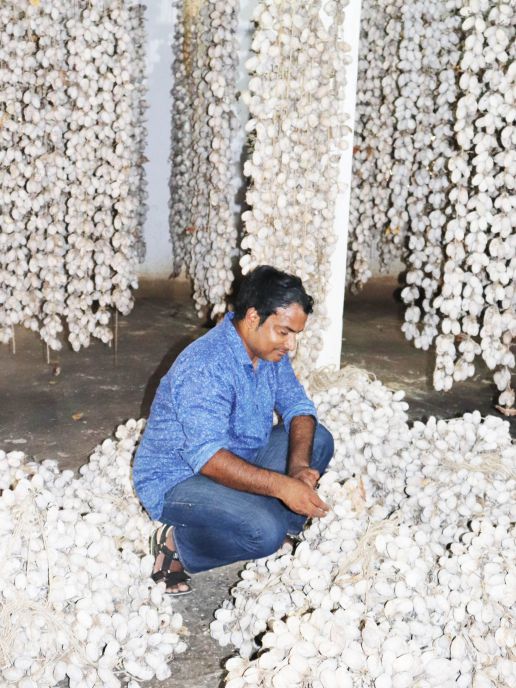
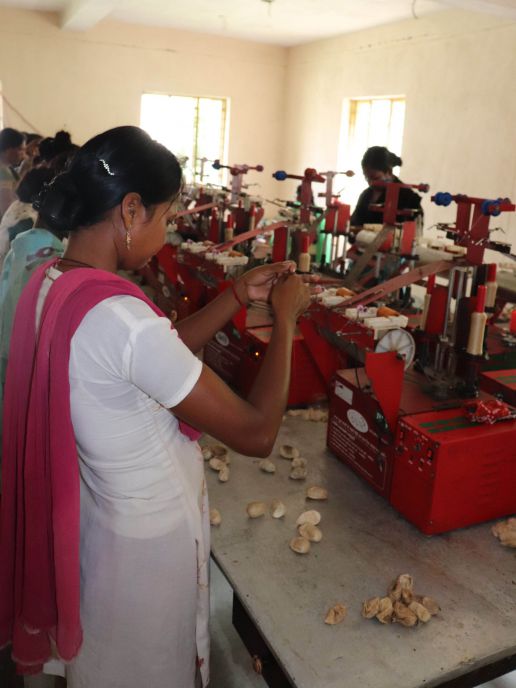
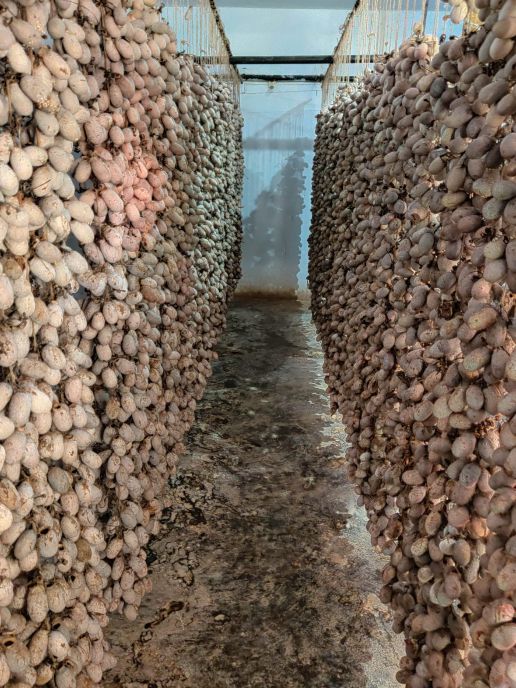
Our thanks to Chandra for his insights and joining us in conversation as part of the Key Conversation series with Sustainable Innovations curator, Simon Angel. If you’re interested in the topics discussed here by Chandra Prakash or to find out how you can support his work you can contact him here: prakash@cocccon.de
Let’s keep the conversation going … did this project spark an idea or do you have any questions? We’d love to hear from you, send us an email to info@munichfabricstart.com


